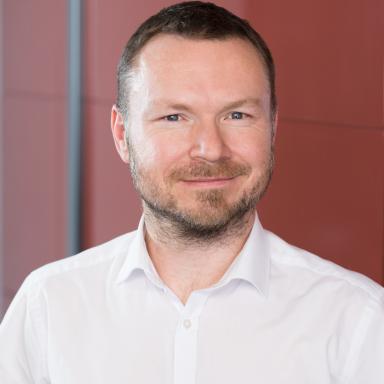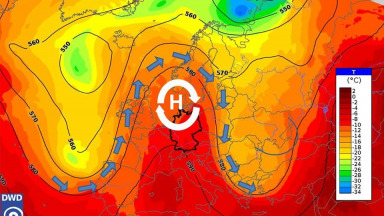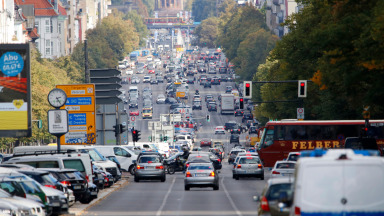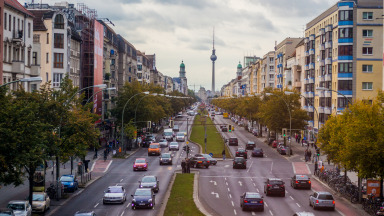Air Quality Modelling for Policy Advice
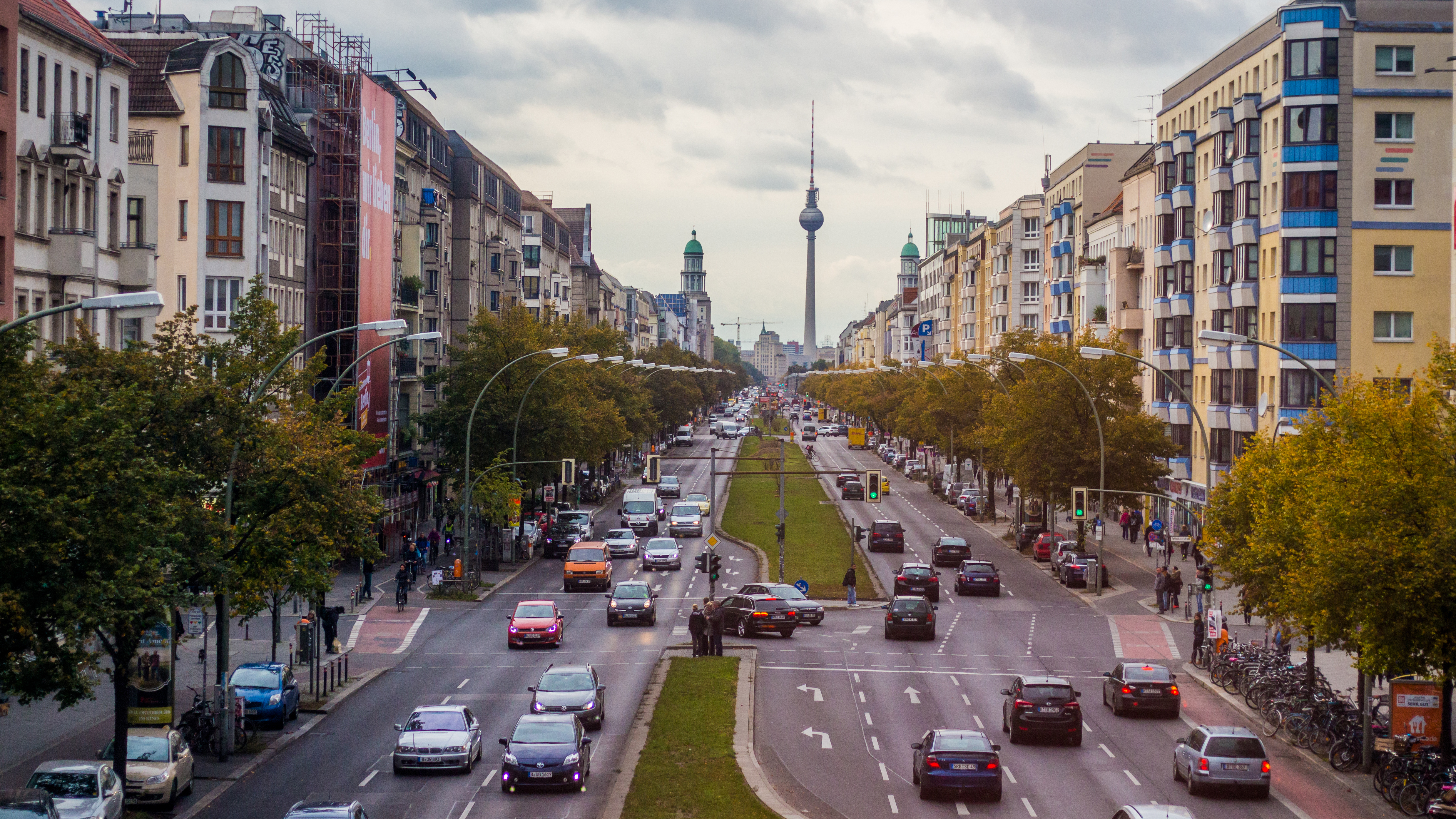
Air pollution is the number one environmental risk factor for premature death worldwide. This is also the case in Europe, where clean air legislation has improved the quality of the air, but is still in the process of being refined. The primary cause of air pollution is anthropogenic emissions, which emerge from the relationship between society and technology. The resulting harms to the natural world and human health have prompted the development of new technologies to control emissions as well as tools that help us to understand the causes and effects of air pollution and develop strategies to reduce it. Numerical models highlight the interdependencies of air pollution and climate change. The researchers in this project use numerical models to inform and accompany transformation processes towards cleaner air, climate change mitigation, and sustainable development.
The research undertaken in this research group spans multiple scales: Using state-of-the-art open-source models, the research team simulates the long-range, intercontinental transport of air pollution, regional-scale effects (with a focus on air quality in Europe), and urban air pollution at scales relevant to human exposure. The project focuses in particular on simulating the formation and transport of tropospheric ozone, and the attribution of ambient ozone concentration to emissions of precursor species: volatile organic compounds (including methane) and oxides of nitrogen.
